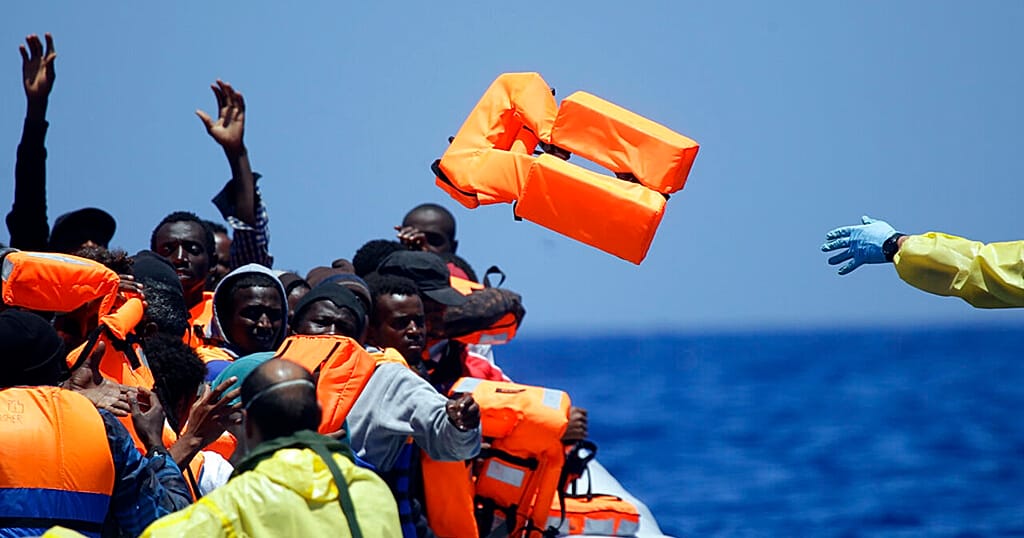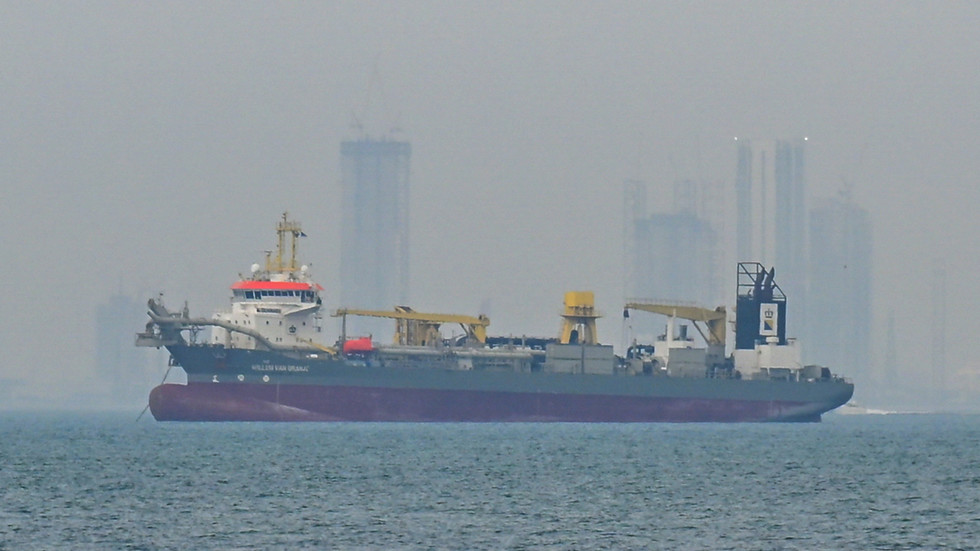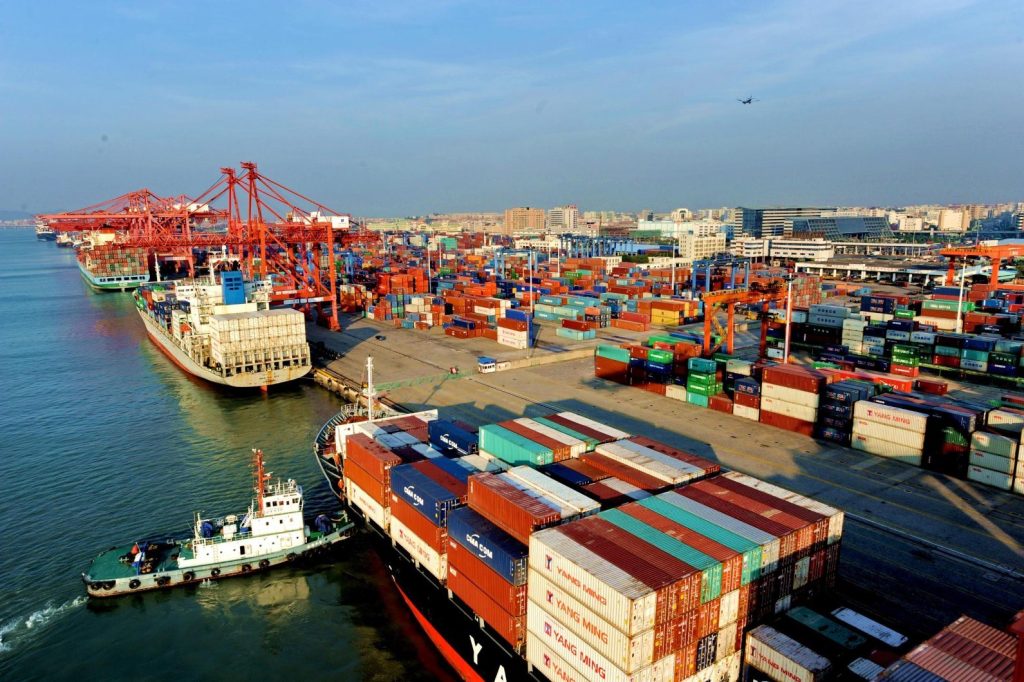Death Toll Rises on Lake Kivu as Capsized Boats Wash Away Lives in Democratic Republic of Congo
As the number of boats capsizing on Lake Kivu continues to rise, the Democratic Republic of Congo is reeling from the devastating impact of wooden vessels taking precedence over road travel. For Moussa Safari, the struggle to find his missing brother has become a daily reality. “We have conducted extensive searches, but so far, we have found nothing. However, we continue to look for updates about our missing brothers,” he said, his voice laced with desperation.
The latest tragedy occurred just a day prior, when a boat carrying 278 people sank, leaving 78 dead and many more missing, including Safari’s brother. “Despite our ongoing grief from the recent drownings in this lake, I must travel. This is still the only route to South Kivu to see our family there,” said Serge Nzonga, a passenger on the ill-fated boat.
Émile Murhula, a hydrology and environment analyst, has sounded the alarm, stating that since the start of the year, approximately 1,000 individuals have lost their lives on the treacherous lake. He passionately urged the Congolese government to adopt preventive measures against these dangers, warning, “Since the start of this year, approximately 1,000 individuals have died on Lake Kivu, and the government is not taking action to tackle the ongoing crisis. I call on the Congolese government to adopt preventive measures against these dangers.”
In a bid to restore safety, the Minister of Transport, Jean-Pierre Bemba, has imposed a night-time curfew on Lake Kivu, leaving thousands in disarray. The decision has sparked widespread outrage among boat owners, who fear the loss of earnings due to the ban. “There will be a loss because we won’t earn anything,” lamented Captain Eliiya Bahati.
The economic impact is not the only concern, as hundreds of travelers reliant on the Goma-Bukavu route, the only means of transport between the two cities, must now find alternative means. This decision comes amid persistent concerns over the safety of the National Road N2, which remains closed and unsafe.
As the crisis deepens, a group of youths in Goma took to the streets, demanding the government provide more information on the number of fatalities resulting from last week’s sinking. “The government is not revealing the actual number of fatalities from the recent sinking,” they shouted, their anger and frustration palpable.
The Centre for Media Attention stands in solidarity with the people of the Democratic Republic of Congo, calling on the government to take immediate action to address the crisis brewing on Lake Kivu. As the death toll continues to mount, it is imperative that authorities prioritize the safety of those who rely on this vital transportation route. The time for action is now.



